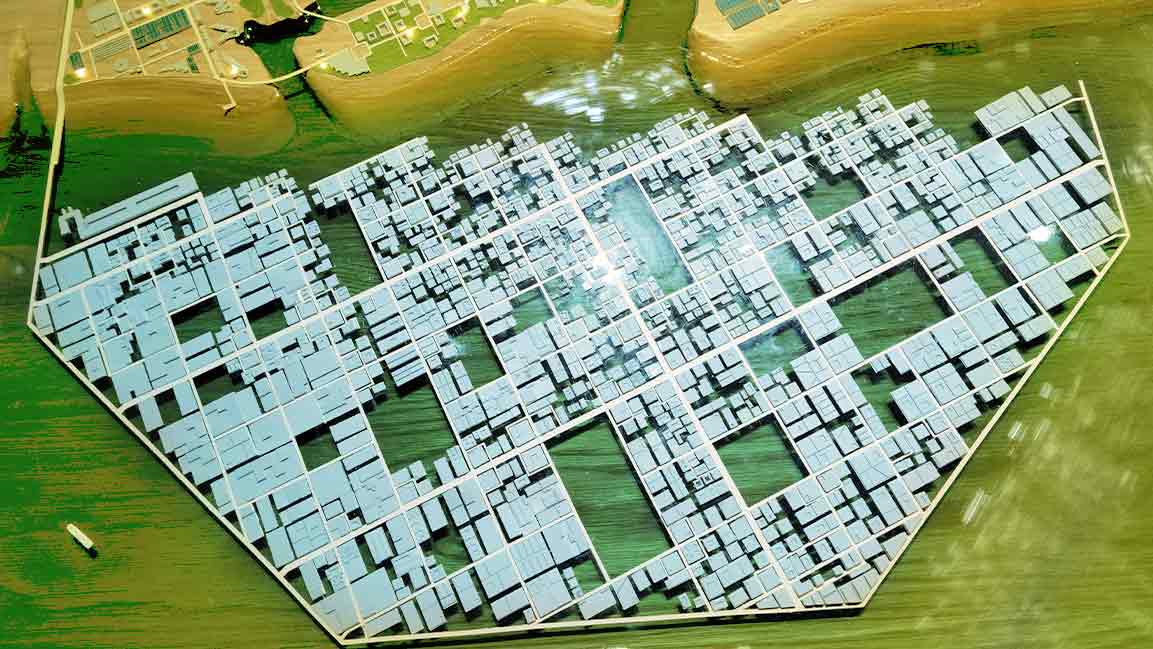- | 12:00 pm
Saudi Arabia’s NEOM launches a sustainable food production company
Topian has signed strategic partnership agreements with several organizations to work toward innovative food production.

Now accepting applications for Fast Company Middle East’s Best Workplaces For Women 2023. Click here to register.
According to the Food and Agriculture Organization of the United Nations, food systems currently consume 30% of the world’s available energy and rely heavily on fossil fuels. As concerns about the environment and pressure on resources increase, efforts are being made to change how food systems — a broad term that refers to everything from the production and distribution of food to its disposal — function.
As the question of how we feed the planet sustainably and effectively becomes increasingly important in the years ahead, Saudi Arabia’s $500 billion futuristic mega-city, NEOM, has launched a company, Topian, focused on sustainable food production and distribution, with the support of the Ministry of Environment, Water and Agriculture.
“As a wholly owned subsidiary of Neom, Topian is fully aligned with NEOM’s commitment to providing high-quality food products to the market and promoting food security and sustainability while contributing to the kingdom’s self-sufficiency objectives and long-term economic goals,” said Juan Motamayor, Chief Executive of Topian.
NEOM has stated that Topian has already signed several strategic partnership agreements with domestic and international organizations to work toward innovative and sustainable food production.
King Abdullah University of Science and Technology (KAUST), Tabuk University, Tabuk Fish Company, BlueNalu, Van der Hoeven Horticultural Projects, and Cargill are among the companies it has signed so far.
“We look forward to working closely with investors, partners, and food industry experts in turning ambitious ideas into reality, supporting economic diversification in the kingdom and aligned with Saudi Vision 2030,” said Nadhmi Al-Nasr, CEO of NEOM.
NEOM has similarly set targets to combat climate change and slash carbon emissions, including developing a $8.5 billion green hydrogen project.































